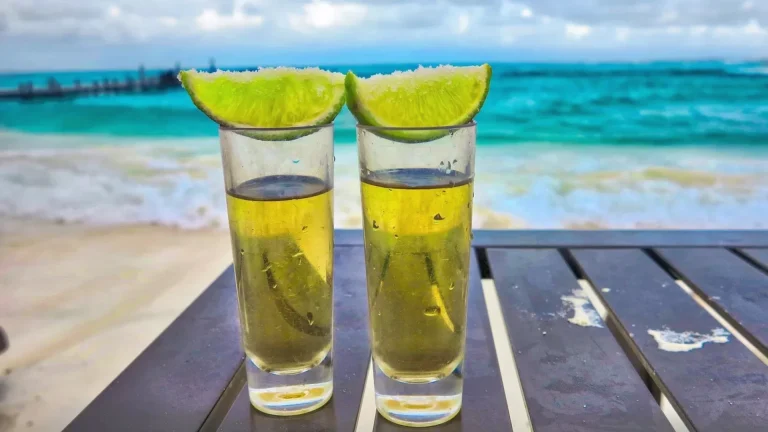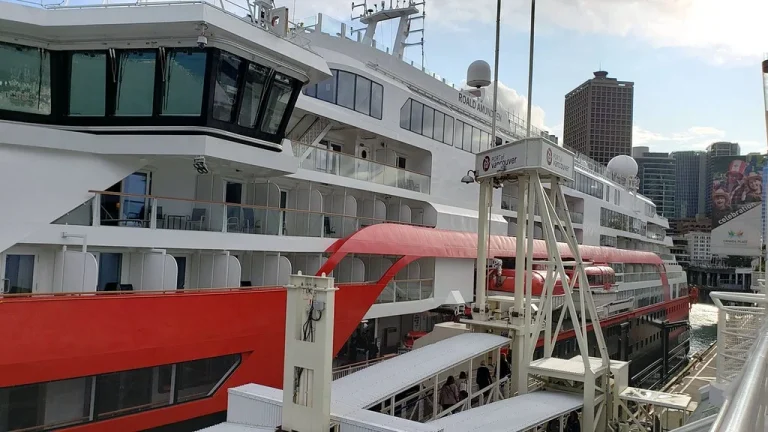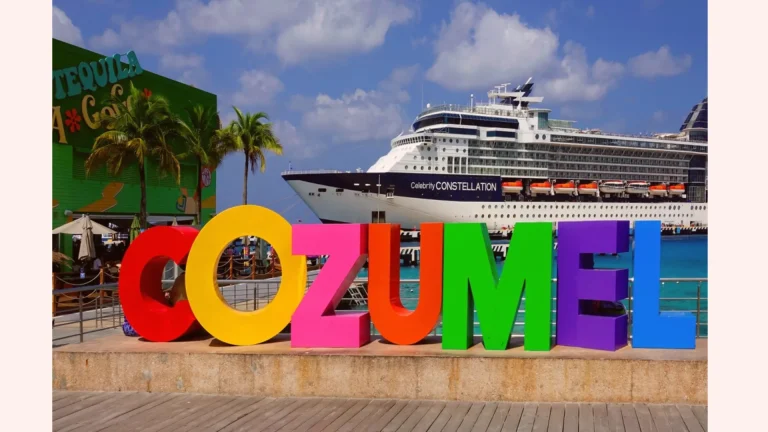Curacao Vs Aruba
Curacao offers a more cosmopolitan mix of experiences than Aruba. You can learn about the island’s history at the Kura Hulanda Museum and see the influence of enslaved African culture on contemporary art in Oranjestad.
Both islands offer amazing dive locations and great beaches, but Curacao also has a lot of options when it comes to accommodation like Airbnbs and hotel suites. It also has more restaurants with a variety of cuisines.
Location
Located just north of the equator and in a region of low-level divergence, Curacao has a dry climate that is less tropical than Aruba’s. It has a large desert-like area inland with a popular hiking trail to the top of Mount Christoffel. It also has beautiful beaches along the coast, including the secluded Grote and Kleine Knip Beaches.
Like its sister island Aruba, Curacao is home to a blend of African and European cultural influences that create an amazingly diverse destination. You can see this in the music, dance and religious practices from enslaved Africans, as well as the Dutch architecture that dominates the capital city of Willemstad.
Curacao’s biggest draw is its natural beauty and unique culture. Because of this, it is often seen as a more “authentic” Caribbean destination than Aruba. Whether that’s a good thing or not will depend on your priorities for your vacation. If you are looking for a resort vacation with lots of activities, Aruba might be a better fit. But if you are interested in a more authentic Caribbean experience, Curacao might be the perfect fit for you.
Weather
As a Leeward Antilles island, Curacao, along with Aruba and Bonaire, gets sultry Caribbean heat year-round. However, it sits slightly below the Caribbean hurricane belt and is rarely ever affected to a degree that would make you feel uncomfortable or unsafe.
The climate here is mainly tropical semi-arid, which means that the average temperature stays in the high 80’s with a short wet season from October through December. This dryness is reflected by the island’s scant vegetation which includes cacti and wind-bent shrubs.
While both islands attract tourists in large numbers, Curacao receives fewer visitors than Aruba and has a much smaller tourist industry overall. This makes it easy to find wild corners of the island where you can escape the crowds. For example, you can visit Shete Boka National Park on the rugged western coast of the island where waves crash into a spectacular series of sea caves. Or, you can explore Hato Cave on the north coast of the island, a UNESCO World Heritage City filled with stunning rock formations and an abundance of long-nosed bats.
Nightlife
If you’re looking for a Caribbean island that caters to tourists, look no further than Aruba. The resorts and hotels in this popular destination are designed with luxury in mind, making for an unforgettable stay.
However, if you prefer a less commercial, more authentic experience, Curacao might be the right choice for you. With a distinct Dutch culture (it’s kind of like the tropical version of Amsterdam), you’ll notice little touches that make this island unique. From Albert Heijn grocery stores to stands selling raw herring, you’ll see signs of a place that takes its history seriously.
Despite being more expensive than Aruba, the island of Curacao still has plenty to offer visitors. From the historic Dutch capital of Willemstad to the stunning beaches of Klein Curacao, there’s something for everyone. It also has an excellent snorkeling and diving scene, so if you’re looking for an action-packed getaway, Curacao might be the perfect fit. Just be sure to take common sense precautions when exploring this beautiful island.
Culture
While all three islands share a Caribbean heritage, each one has its own unique twist on local culture. For example, Curacao is known for its vibrant arts scene and music, especially genres like calypso and soca. It also has a strong festival tradition, including the Curacao Carnival, which features parades and dance. In terms of cuisine, the island offers a mix of Dutch, Caribbean, and Latin American influences. One dish that shows this is keshi yena, which is a hearty ball of cheese (kaas in Dutch) stuffed with meat and spices and steamed or baked.
Its distinctly Dutch culture is also visible in the architecture of its capital city, Willemstad, which is a UNESCO World Heritage site. You can see this in the brightly colored buildings that look like a tropical version of Amsterdam, as well as in local comforts like Albert Heijn grocery stores and stands selling herring sandwiches. Curacao is also more diverse than Aruba, with a population that includes more than 50 different nationalities. It’s also drier than its sister island, thanks to its location north of the Intertropical Convergence Zone.
Cruise Port
Both islands are easy to reach from South Florida with direct flights to Aruba and Curacao. However, you should plan on renting a car while visiting each island for the best experience.
The Dutch influence is obvious in Curacao’s capital, Willemstad, which feels like a tropical version of Amsterdam with brightly colored buildings on the waterfront. You’ll also find Dutch comforts here, including Albert Heijn grocery stores and stands that sell raw herring, a popular Dutch delicacy.
Aruba’s capital, Oranjestad, is more cosmopolitan and offers more active nightlife than Curacao. Both islands have a vibrant food scene, influenced by Dutch, Spanish, and Caribbean cuisine. One dish that shows their shared Dutch heritage is keshi yena, which features a cheese (kaas) stuffed with spiced meat.
You can also get in touch with nature on Curacao at Shete Boka National Park, where you’ll find an abundance of plant and animal species. In addition, the island’s historic neighborhoods like Pietermaii are undergoing revitalization and attracting artists with their quaint charms. The UNESCO World Heritage city of Willemstad is a highlight of a visit to this Dutch Caribbean island.
Aruba Vs Bonaire Vs Curaçao
Forming a delightful trio north of Venezuela, Aruba, Bonaire and Curaçao (the “ABC” islands) each offer unique visitor experiences. They also have distinct personalities that appeal to varying types of travelers.
Each island has a diverse culture with influences from South-America, Europe and the Caribbean. The official languages are Dutch and Papiamento.
living in manchester new hampshire
Living in Manchester, New Hampshire, offers a comfortable blend of urban amenities and suburban charm. The city is home to a growing economy, affordable living, and a diverse mix of indoor and outdoor activities. Its small size and low unemployment rate make it a popular choice for families with children.
New Hampshire has a humid continental climate and can experience snowy winters. Snowfall can start in November and last until April. Residents of the state have to be prepared for snow and ice, which can make traveling difficult. In addition, snow removal services can be costly.
The food scene in Manchester is diverse and delicious, with a variety of cafes, gastropubs, and ethnic restaurants. There are also a number of food and wine festivals throughout the year. The cost of living in Manchester is below the national average. However, it’s still higher than Boston.
living in portsmouth new hampshire
Portsmouth, New Hampshire is a coastal city in the Seacoast region of the state. It is a popular destination for those who want to live in a small town with easy access to beaches, the 10-acre Prescott Park, and historic downtown. It also has a high cost of living, which is reflected in the prices of homes and other goods and services.
The ABC Islands of Aruba, Bonaire, and Curacao are a beautiful Caribbean trio that offer a diverse visitor experience for everyone. These Dutch-affiliated islands have a lot in common, but they each offer unique opportunities that suit different travelers.
Both islands have a wide range of attractions and amenities, including beautiful beaches, excellent hotels and resorts, upscale restaurants, and shopping. In addition to their vibrant culture and friendly people, they also have many tours and activities to keep visitors busy. They have a great food scene, beautiful ocean views, and are well-known for their amazing dive sites.
cost of living in aruba vs curacao
Aruba is a Caribbean paradise that’s famous for its impeccable beaches and access to water sports. It’s also home to the world’s third largest desalination plant, which significantly cuts the cost of bottled water on the island.
The island is a popular vacation destination, with many hotels and resorts located on its beaches. There are also a number of Airbnb options that can be cheaper than booking a hotel on a nightly basis.
Whether you’re planning to retire or relocate to Aruba permanently, it’s important to understand how much it will cost you to live there. The cost of living can vary significantly, depending on the type of lifestyle you want to lead and your budget. The cost of housing, food and entertainment are all important considerations when planning your move to a new country. Using a multi-currency card, like Wise, can help you save money on your expenses by enabling you to send and receive funds internationally at the mid-market rate.
diving aruba vs curacao
The Dutch Caribbean islands of Aruba, Bonaire, and Curacao are gems of a kind. They are dazzling reflections of their unique cultures, with Aruba’s cosmopolitan mix of 90 nationalities and Gatorade-blue beaches; Bonaire’s laidback island blend of European and Latin American culture, and Curacao’s Dutch heritage. They are all outside the hurricane belt and are all part of the Kingdom of the Netherlands, although each is an independent country with its own parliament and prime minister.
Bonaire and Curacao are renowned for their world-class diving, but there’s a lot more to the island than that. Both are great choices for a tropical getaway, but there’s an island that will fit your vacation dreams best. The choice is up to you! Bonaire and Curacao are closer to mainland Venezuela than Aruba is. This makes them more prone to tidal surges and rip currents, but their reefs provide protection from these conditions.
retire in aruba vs curacao
Choosing the right place to retire in Aruba is an important decision. The island offers beautiful beaches, vibrant culture, and a year-round tropical climate. Its low crime rate and stable political environment make it a safe and welcoming choice for retirees.
Financial Planning: A thorough understanding of the costs of living and healthcare in Aruba will help you create a budget that supports your desired lifestyle. It will also allow you to explore new hobbies and interests, or to continue pursuing your favorite activities.
Both Aruba and Curacao have a variety of accommodation options, from resort-style hotels to small homestays. However, Aruba is more popular and more expensive. For adrenaline seekers, the rocky coastlines of both islands are great for windsurfing and kitesurfing. Aruba also hosts the Hi-Winds Caribbean Championship every year. In contrast, Bonaire has a more relaxed vibe and is less touristy.
working in massachusetts living in new hampshire
Working in Massachusetts and living in New Hampshire creates a unique set of challenges. Commuting between the states can be exhausting and expensive, and it may require long hours away from family and friends. This arrangement can also lead to stress, so it is important to weigh the pros and cons carefully before making a decision.
One issue that arises is the tax complexities. While New Hampshire does not impose an income tax, Massachusetts does. This can create a significant tax burden for workers who are traveling between the two states. It is important to understand the difference between residency and domicile, and how these factors affect your taxes.
Curaçao and Aruba are autonomous countries within the Kingdom of the Netherlands, while Bonaire is a special municipality. While the Dutch language is widely spoken, many residents speak Spanish and English. This is due to the island’s close ties with Latin America.




